Current Projects
Metacognition and Misconceptions: Using Web-Based Writing Exercises in Gateway STEM Courses
|
Investigators:
Agency: |
PI: Jim Becker (Elec. & Comp. Eng)
National Science Foundation Division of Undergraduate Education
Award No. 2120466
Amount: $296,519
Dates: 10/2021 - 9/2024
|
Abstract: This project aims to serve the national interest by enhancing the metacognitive skill and conceptual understanding of undergraduate students who typically struggle in foundational Science, Technology, Engineering, and Mathematics (STEM) courses. It is well known that student difficulties in STEM courses such as electric circuit analysis and engineering statics often arise from an inability of the student to accurately identify their knowledge gaps and to develop and follow strategies to close these gaps. This process is a means of exhibiting advanced metacognitive skill. The project will implement a novel writing-centric approach in an introductory circuit analysis undergraduate course to help students build mental models, overcome misconceptions, and enhance metacognitive skill. The introductory circuit analysis course will require students to utilize accurate mental models of abstract phenomena in the physical world. Students often enter such courses with faulty mental models of abstract phenomena. As such, conceptual change is necessary for content mastery. (Metacognition and Misconeptions)
Evaluating a Role-Playing Approach to Improve Transferable Professional Communication Skills of Chemical Engineering Students
|
Investigators:
Agency:
|
PI: Jennifer Brown (Chem & Bio Eng)
Co-PI: Stephanie Wettstein (Chem & Bio Eng)
National Science Foundation Division of
Undergraduate Education
Award No. 2120775
Amount: $299,949
Dates: 10/2021 - 9/2024
|
Abstract: This project aims to serve the national interest by implementing evidence-based practices in technical communication instruction in laboratory courses that are standard in chemical engineering curriculum. This will be done by incorporating industry-based role-playing scenarios into the courses. Student tutors trained specifically for technical writing will also be used in the courses. The impact these interventions have on the students’ communication skills will be evaluated. Comparisons to the expectations of practicing engineers in industry will be made. By using role-playing scenarios relevant to the workplace, it is anticipated that the students will be more engaged in the course, recognize the value of communication to their future careers, and improve their communication skills. The skills the undergraduates learn will be transferable to their future careers as engineers in industry or researchers in graduate school. Collaboration with communication experts through the institution’s Writing Center will provide more effective teaching and evaluation of communication skills. This project will benefit society by improving STEM education and providing chemical engineering undergraduates technical communication skills to be competitive in the STEM workforce. (Role Playing Approach to Improve Communications Skills Chem Eng Skills)
Culturally Responsive Energy Engineering Education in Rural/Reservation Elementary Schools
|
Investigators:
Agency:
|
PI: Paul Gannon (Chem & Bio Eng)
Co-PI: Abbie Richards (Chem & Bio Eng)
Co-PI: Nick Lux (Education)
Co-PI: Rebekah Hammack (Education)
National Science Foundation Division of Engineering
Education and Centers
Award No. 2055138
Amount: $600,000
Dates: 7/2021 - 6/2024
|
Abstract: The new Montana Engineering Education Research Center (MEERC) RET Site will provide unique professional development opportunities for at least thirty rural and reservation elementary teachers to engage in authentic energy research and engineering education, and then share these experiences with their colleagues and students. Evidence shows that young students who identify with engineering are more likely to pursue engineering careers, and that teachers with higher self-efficacy have students with better learning outcomes. The MEERC RET Site will focus on improving teachers’ self-efficacy for engineering education through an immersive six-week experience combining hands-on energy research within engineering faculty laboratories with customized field trips to energy industry facilities and co-located cultural venues and structured curriculum development activities. Elementary teacher participants will work directly with engineering and education faculty, research staff and students on energy topics ranging from building energy systems and biomass energy to sustainable transportation infrastructure and innovative materials batteries, wind turbines and solar cells. The MEERC RET Site will also convene a diverse industry advisory board (IAB) comprised of regional energy industry representatives to share their career experiences and facilitate customized tours of industry-scale energy facilities including a conventional power plant, a petroleum refinery, a wind turbine farm, a cement plant, a hydroelectric dam, and a community-scale solar power plant. Additionally, the Site IAB will work directly with the participating elementary teachers to help them develop and implement energy-engineering curricula, including facilitating engaging in-class demonstrations and visits (virtual or actual) to nearby industrial facilities. (Energy Engineering Ed. Rural/Reservation for Elementary Schools)
CAREER: Exploring the Participation of LGBTQ Undergraduates in STEM
|
Investigators:
Agency: |
PI: Bryce Hughes (Education)
National Science Foundation
Division of Human Resource Development
Award No. 2046233
Amount: $695,121
Dates: 2/2021 - 1/2026
|
Abstract: The Faculty Early Career Development (CAREER) program is a National Science Foundation-wide activity that offers awards in support of junior faculty who exemplify the role of teacher-scholars through outstanding research, excellent education, and the integration of education and research within the context of the mission of their organizations. This project awarded to a CAREER scholar has the goal to examine the participation of LGBTQ students in undergraduate STEM programs to understand how their experiences as LGBTQ students in STEM affect their decision-making regarding STEM career goals. The research will provide STEM students, educators, administrators, and policymakers the tools to create LGBTQ-inclusive learning environments. This award is supported by the EHR Core Research program which supports fundamental STEM education research initiatives. (LGBTQ Undergrads in STEM NSF Abstract)
Sustainable TRansformation of Environmental engineering Education for Modern society (STREEM)
|
Investigators:
Agency: |
PI: Craig Woolard (Civ Eng)
Co-PI: Ellen Lauchnor (Civ & Env Eng)
Co-PI: Adrienne Phillips (Civ & Env Eng)
Co-PI: Catherine Kirkland (Civ & Env Eng)
Co-PI: Kathryn Plymesser (Civ & Env Eng)
National Science Foundation
Division of Engineering Education and Centers
(EEC)
Award No. 2021608
Amount: $995,828
Dates: 12/2020 - 11/2025
|
Abstract: Today’s environmental challenges, such as access to clean water and energy, climate change, and treatment of pollution and waste, have an acute sense of urgency. There is broad recognition that solutions to these complex challenges will require environmental engineers to integrate concepts from engineering as well as the natural and physical sciences, social sciences, business, and communications to address the pressing challenges facing society at the individual, community, national, and global levels—across many sectors of the economy. The existing environmental engineering undergraduate curriculum common today in the US fails to provide graduates with sufficient real-world skills to meet these modern environmental challenges. The Department of Civil Engineering in the Norm Asbjornson College of Engineering at Montana State University (MSU) proposes to transform environmental engineering education by replacing current topic-focused course model with a four-year thematic thread curriculum that integrates technical, social, and economic competencies and provides students with repeated opportunities to address ill-defined, complex problems like those they will face as professionals. The project is aligned with the NSF’s Revolutionizing Engineering Departments (RED) program mission to catalyze revolutionary approaches to engineering education. As an Adaptation and Implementation (A&I) project, it builds off evidence-based organizational change strategies employed at other institutions, applies ground-breaking pedagogical methods in the project's local context, and propagates the transformation of engineering education. (STREEM NSF Abstract)
Collaborative Research: Indian Education in Computing: a Montana Story
|
Investigators:
Agency: |
PI: Brittany Fasy (Comp Sci)
Co-PI: Stacey Hancock(Math Sci)
Co-PI: Travis Peters (Comp Sci)
National Science Foundation
Division of Research on Learning
Award No. 2031279
Amount: $635,255
Dates: 9/2020 - 2/2023
|
Abstract: This project is a partnership among Montana education stakeholders to develop a new computer science (CS) curriculum for grades 4-8 that integrates with other school subjects, including Montana’s Indian Education For All curriculum (IEFA). Because computer science standards are new to Montana, teachers need support to bring computer science into their classrooms. This project provides support through two novel approaches to computing--storytelling using the Alice programming platform and physical computing with textiles that are embedded with electronics and then programmed by students. Because many teachers and students believe that computing is difficult, these novel approaches enable more broad access to computer science. They have been shown to only engage students and teachers in rigorous computing, but also to make computing fun. This work makes important contributions in terms of developing a culturally responsive computing curriculum that makes sense to Montana students, and also addresses broader questions about the successes and challenges on implementing state-wide computer science standards, especially in terms of teacher preparation and district support. (Indian Education in Computing NSF Abstract)
Entrepreneurial Thinking in Engineering Education
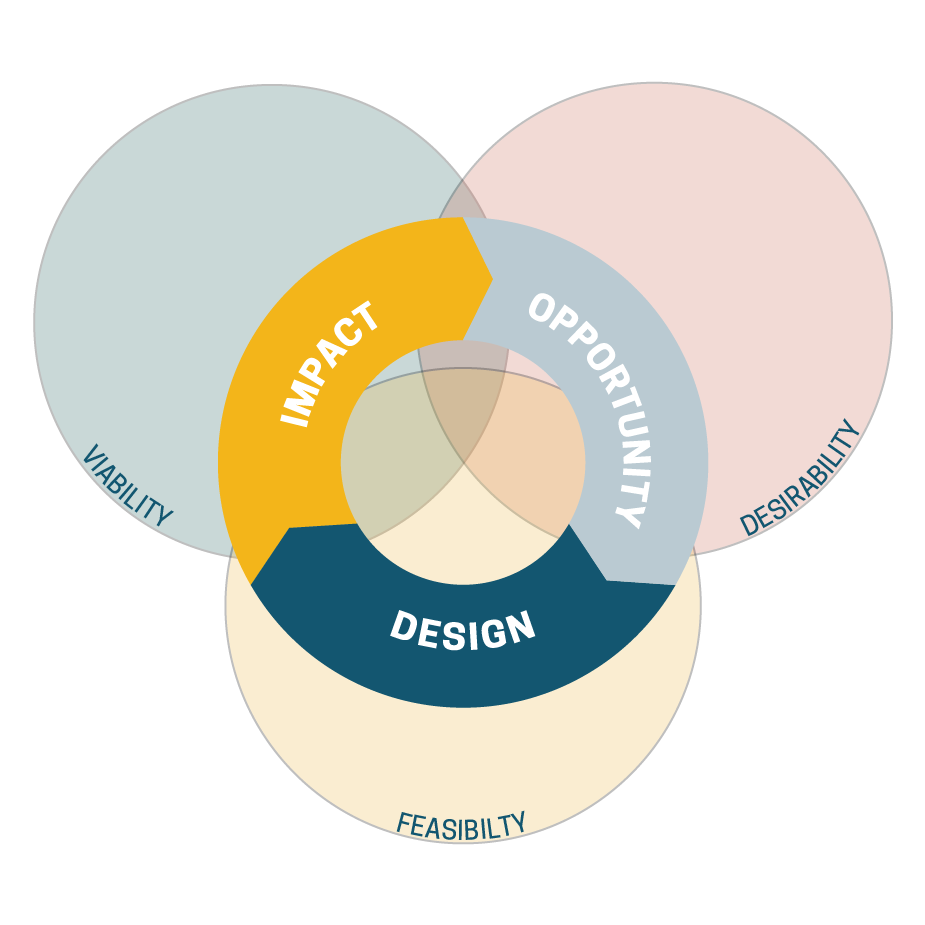 |
Investigators:
Agency: |
PI: William Schell (Ind & Mgmt Sys Eng)
Co-PI: Bryce Hughes (Education)
Co-PI: Paul Gannon (Chem. & Bio. Engineering)
Co-PI: Brock LaMeres (Elec. & Comp. Engineering)
Co-PI: Chatanika Stoop (Center for Faculty Excellence)
Co-PI: Kregg Aytes (Business)
Co-PI: Scott Bryant (Business)
Co-PI: Agnieszka Kwapisz (Business)
Kern Family Foundation
Amount: $598,000
Dates: 1/2020 - 5/2023
|
Abstract: With a new $598,000 grant from the Kern Family Foundation, MSU will advance its goal of graduating engineers equipped not only with technical skills but also an entrepreneurial, can-do approach to their profession, according to William Schell, associate director of MSU's Montana Engineering Education Research Center. The three-year funding will support faculty development and interdisciplinary research on engineering education. (Entrepreneurial Thinking in Engineering MSU News Article)
Faculty Development in the Space Sciences
 |
Investigator(s):
Agency:
|
PI: Robert Mokwa (Civ. Eng.)
Co-PI: Yves Idzerda (Physics)
Co-PI: Brock LaMeres (Elec. & Comp. Eng)
Co-PI: Angela Des Jardins (Physics)
Co-PI: John Samples (Physics)
National Science Foundation Division
Atmospheric
& Geospace Sciences (AGS)
Award No. 1936343
Amount: $1,483,166
Dates: 10/2019 - 9/2024
|
Abstract: The goal of this 5-year Faculty Development in the Space Sciences (FDSS) project is to enable a new faculty hire in the space sciences at the Department of Physics at the Montana State University (MSU). The space sciences group at the MSU routinely attract large numbers of high-quality undergraduates and a growing number of graduate students to their groups, providing hands-on hardware development, data analysis, modeling and testing research experiences. The Physics Department at the MSU has a strong track record of integrating new faculty into its fertile environment for involving students in research, teaching effectively and outreach to the broad community. Collaborations between MSU's engineering programs and the Department of Physics occur organically and are common. The MSU has a strong commitment to involving diverse and under-represented communities in STEM fields, at the student and faculty level. This new faculty hire allows the MSU to significantly expand its course offerings and research in the space sciences. The new hire is expected to be academically excellent, with strong prospects for developing a self-sustaining, long-term research group within the Physics Department. The call for candidates will be broadly worded to accept a wide range of experimental space scientists consistent with the goals of the NSF's FDSS program. (Faculty Development In Space Sciences)
Research Initiation: Formation of Engineering Identity Through Capstone Design Peer-Interventions
 |
Investigator(s): |
PI: Abbie Richards (Chem & Bio Eng) |
Abstract: It is widely known that at least one third of college freshman will change their majors and, unfortunately, students in STEM majors are even more likely to change majors than their non-STEM counterparts. The development of an engineering identity early in lower division undergraduates may decrease the number of students transferring out of engineering programs within the first two years of college. This proposal aims to enhance the engineering identity of freshman and sophomore students studying chemical engineering by involving them in course-related interventions. These interventions utilize senior chemical engineering students as near-peer role models and simultaneously integrate content from the senior capstone design course into-lower division, core chemical engineering courses. It may be that students who leave engineering lack a strong engineering identity, and growing this identity early in the curriculum will increase persistence in the field. A desired outcome of this work is the increased persistence of students within the chemical engineering program through this near-peer mentoring program that uses senior level students as role models. (Capstone Design NSF Abstract)
Looks Like Me: Leveraging Funds of Identity to Enhance Engineering Career Pursuits in Rural/Reservation Communities
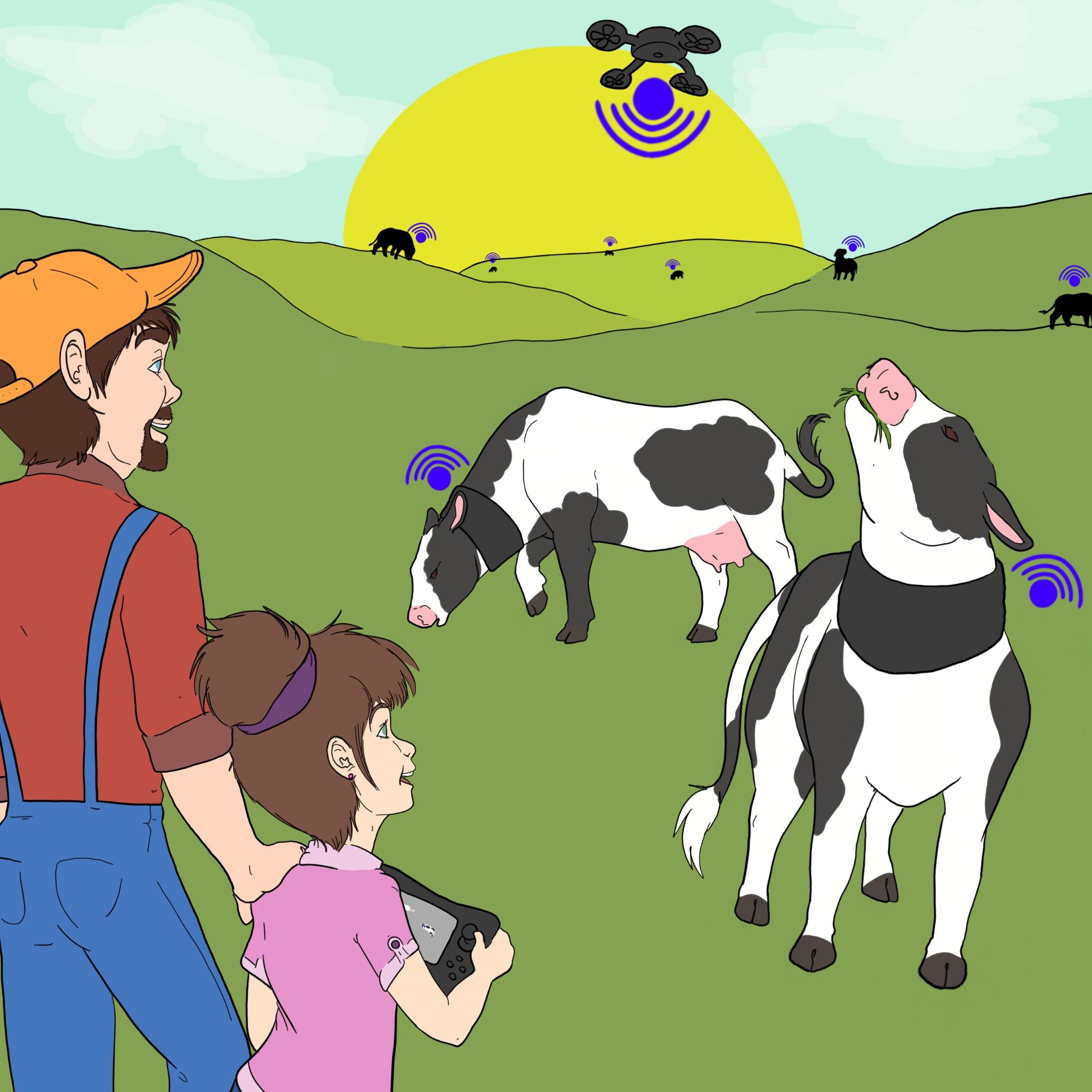 |
Investigator(s): |
PI: Becky Hammack (Education) |
Abstract: Many students are capable of becoming engineers but do not because they (a) do not understand what engineers do or (b) do not think they have the abilities needed to become an engineer; this is particularly common for underrepresented groups such as females and minorities. A lack of exposure to engineering in grades K-12 could limit the number of students pursuing engineering careers. This project fosters partnerships between tribal and community colleges and the surrounding rural and tribal school districts to engage rural and indigenous elementary students in place-based engineering-focused activities that will help motivate and prepare them for engineering- related careers. Students and their families will document their views about learning, knowledge, and engineering through photo journals which will be used, along with classroom observations, to identify students' current perceptions of engineering and to develop place-based engineering- focused interventions for the students that connect to the programming and research happening at the tribal and community colleges. (Rural/Reservation Communities NSF Abstract)
Diversifying Engineering via Identity-Congruent Education (DE-ICE)
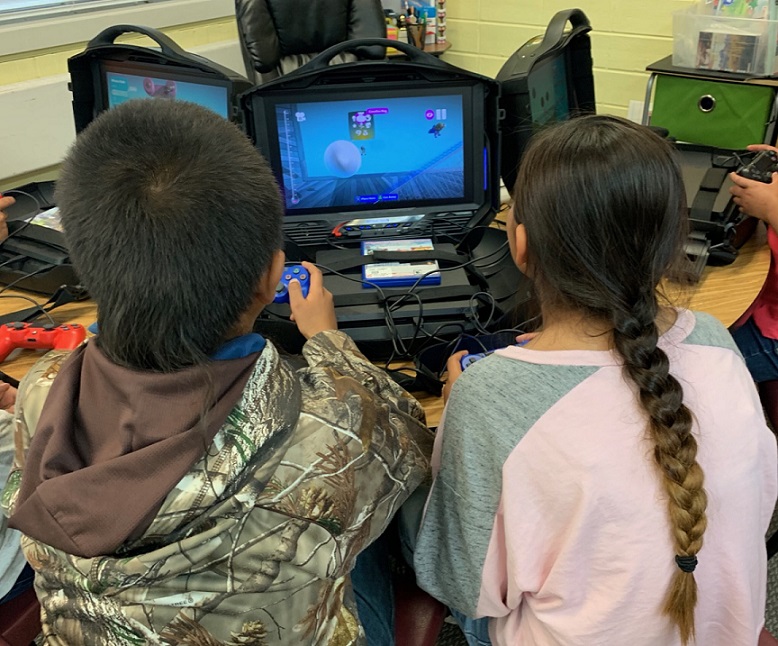 |
Investigator(s): |
PI: Paul Gannon (Chem & Bio Eng) |
Abstract: Studies show that students who are not able to see themselves as an engineer at an early age are less likely to pursue engineering careers later in life. This can be especially true of students who may not have easy access to academic and extracurricular activities, including diverse students from rural and urbans populations. Research has shown that incorporating engineering-related educational games into middle school curricula can help students develop an identity as an engineer. This project focuses on fourth grade students because this is a pivotal age where many students from underrepresented groups opt out of an engineering educational trajectory. This project develops and introduces educational games for fourth grade classrooms that demonstrate engineering concepts. The effect of playing these games, which are co-designed with teachers, will be studied in terms students' sense of engineering and how the way they identify with engineering as a result. (Diversifying Engineering NSF Abstract)
Fostering Effective Oral Communication Skills for STEM Graduate Students
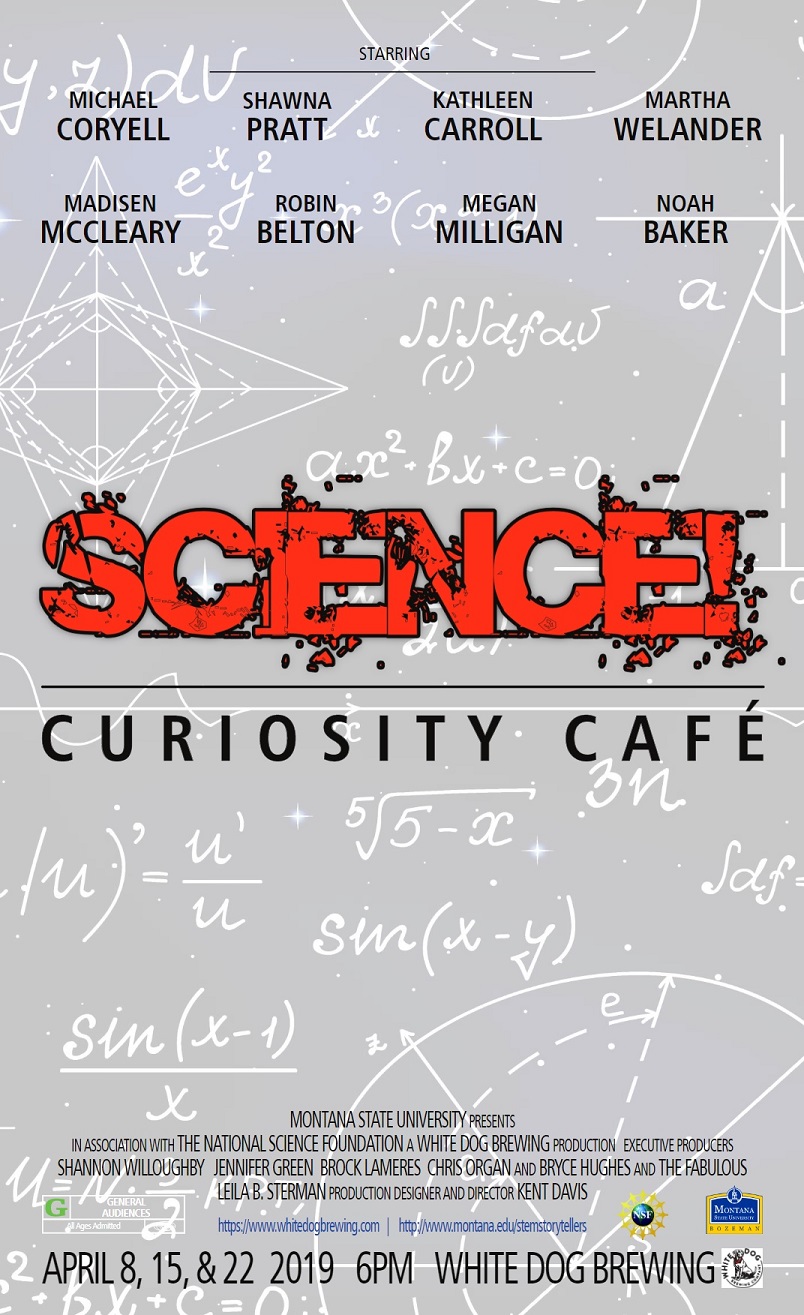 |
Investigator(s):
|
PI: Shannon Willoughby (Physics) National Science Foundation |
Abstract: Graduate STEM education rigorously prepares students to innovate in their fields, yet it often does not include formal training in how to effectively communicate those innovations to others. To ensure we live in a just and vibrant society, it is vital that scientists are able to share their research findings with scientists in other fields, non-science experts, and the public. Using knowledge from the performing arts, this project will implement a novel pilot training program to teach oral communication to STEM graduate students, facilitating a deeper understanding of communication and providing practice in public speaking, improvisational techniques, and reading body language. This research will investigate whether targeted intervention in oral communication skills for STEM graduate students improves their ability to effectively convey their research to a broad audience. (Oral Communication Skills NSF Abstract) (Program Page)
Improving the Pipeline for Rural and American Indian Students Entering Computer Science Via Storytelling
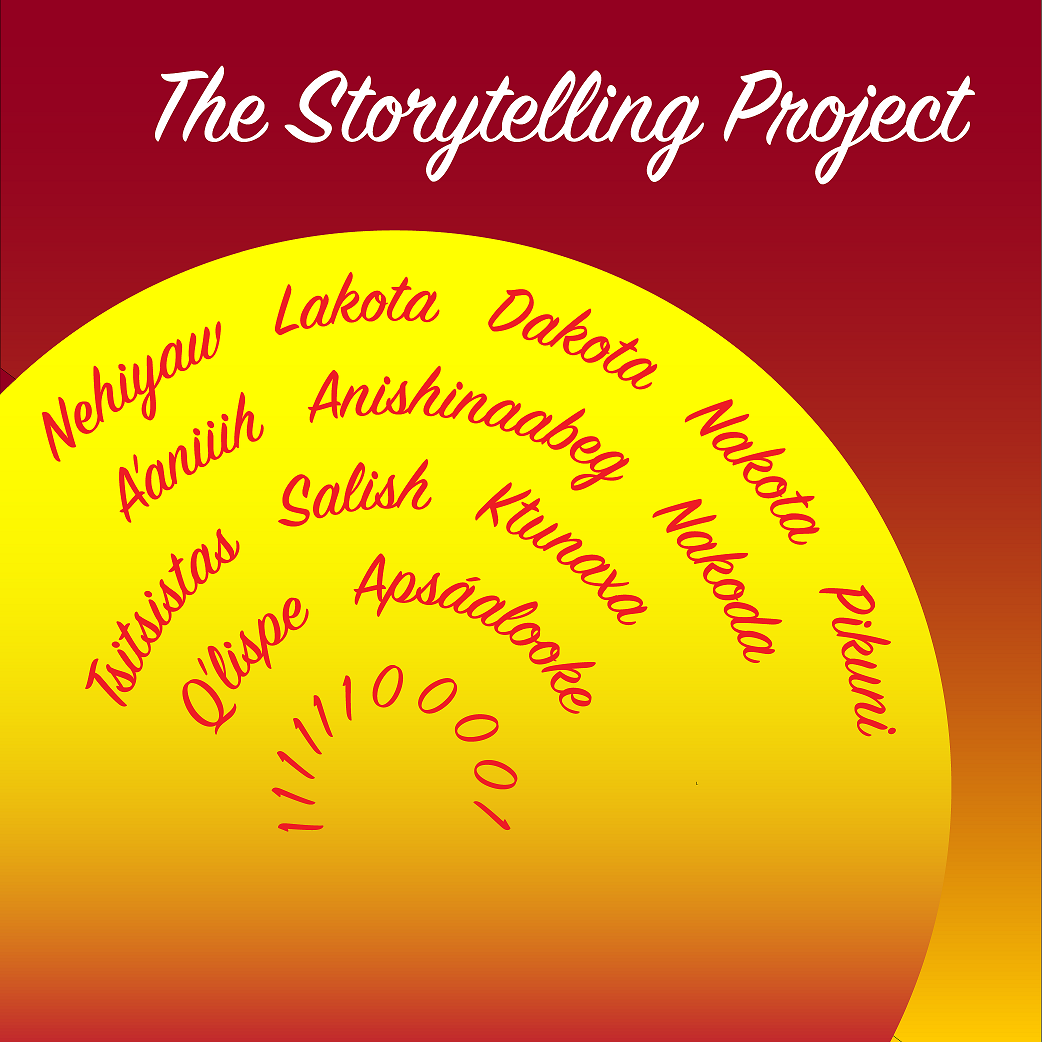 |
Investigator(s):
|
PI: Brittany Fasy (Computer Science) National Science Foundation |
Abstract: This project will develop and research storytelling as a culturally responsive way to engage middle school Native American and rural Montana students in learning computer science and computing skills. Instead of creating a new curriculum, the project will infuse computer science across the curriculum, which will help students understand that computing skills are relevant across disciplines and are important for a wide variety of professions in the workforce. The project will use Alice, an object-based educational programming environment, that has been successful by encouraging storytelling in engaging middle school students and others who are not normally exposed to programming. Using Alice, students can tell stories by placing objects in virtual worlds they have created, and then they can program by dragging and dropping tiles that represent logical structures. By integrating these computational skills, without multiplying the number of topics to be taught, the project will promote a more diverse and comprehensive understanding of the opportunities available to students with an ability to think computationally. (NSF Abstract) (Program Page)
Designing a Middle Grades Spatial Skills Curriculum
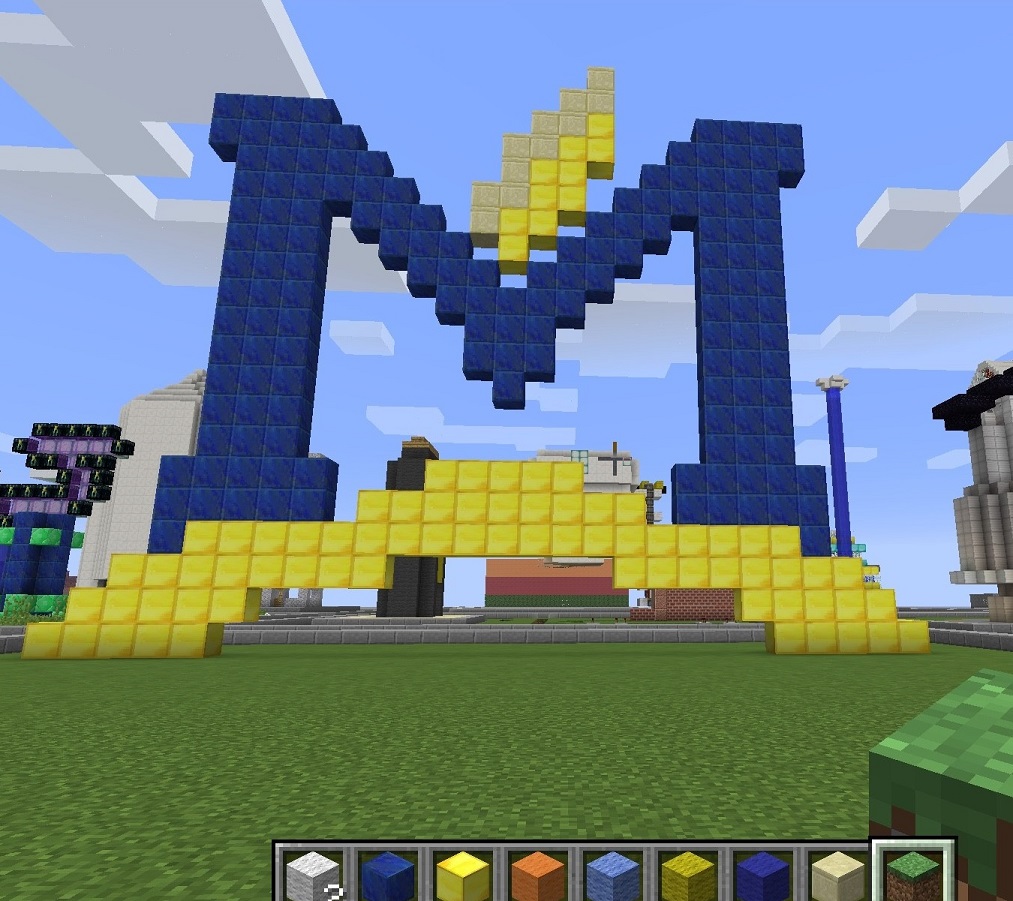 |
Investigator(s): Agency: |
PI: Nick Lux (Education) Discovery Research K-12 (DRK12) Award No. 1720801 Amount: $ 445,499 Dates: 7/2017 – 6/2020 |
Abstract: The ability to make spatial judgements and visualize has been shown to be a strong indicator of students' future success in STEM-related courses. Finding learning experiences which support students' spatial reasoning in an authentic and engaging way is a challenge in the field. This project will create a portable training system that can be easily deployed in middle grades (5th - 7th grade) as a prototype for increasing students' spatial reasoning skills. The project will study gender differences in spatial reasoning and examine how learning experiences can be designed to develop spatial skills using Minecraft as a platform. The resources will incorporate hands-on learning and engage students in building virtual structures using spatial reasoning. The curriculum materials are being designed to be useful in other middle grades contexts. (Spatial Skills NSF Abstract)
The Formation of Undergraduate Engineers as Engineering Leaders
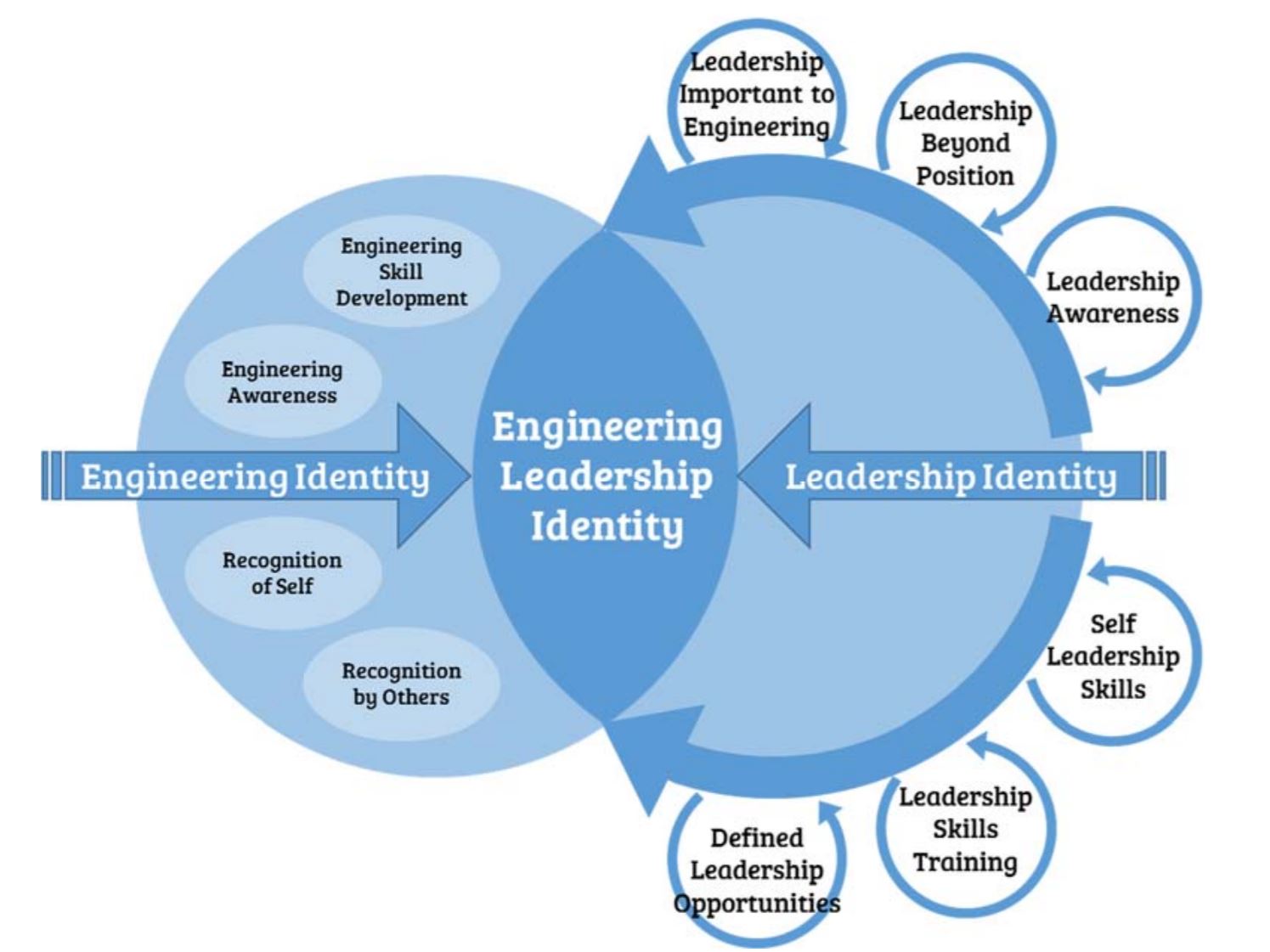 |
Investigator(s): |
PI: William Schell (Ind & Mgmt Sys Eng) |
Abstract: Today, leaders of industry and government are calling for increasing numbers of engineering graduates to maintain the nation's economic competitiveness. However, the expected positive impact from increasing the number of engineering graduates will be limited, unless the full capabilities of these graduates are harnessed. Specifically, solving today's complex challenges will require cooperation among experts from many fields. In order for these collaborations to be successful they must harness the diverse capabilities of members of these groups. For that to happen, practicing engineers must exercise technical leadership. Therefore, undergraduate engineering students need to learn how to be effective leaders during their formation as engineers. This project seeks to improve our understanding of the role leadership plays in the process of becoming an engineer and how to develop an engineering identity in undergraduate engineering students. The project proposes that seeing oneself as an engineering leader requires both the development of an engineering identity in combination with the development of a leadership identity. (Engineering Leaders NSF Abstract)
Completed Projects
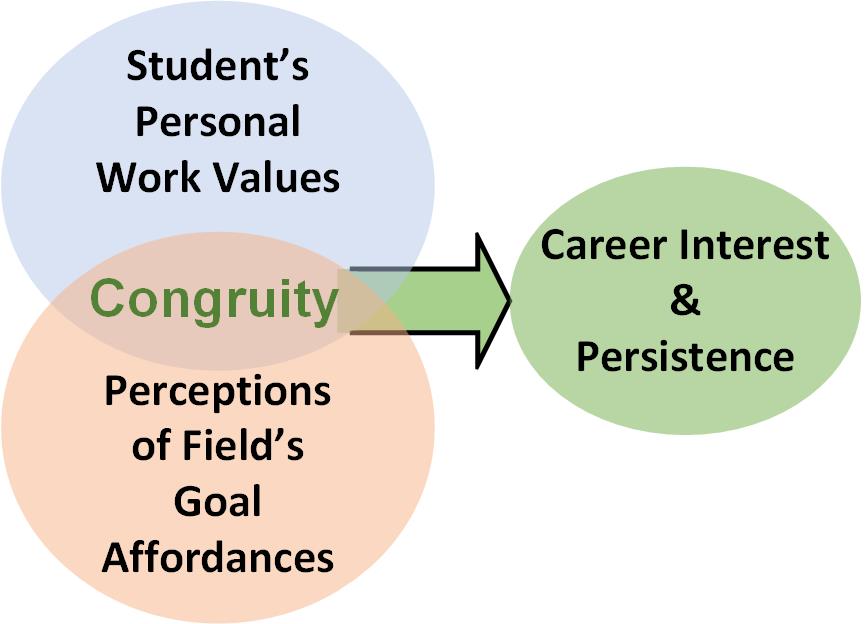 |
Investigator(s): |
PI: Brock LaMeres (Elec & Comp Eng) Co-PI: Jessi Smith (Psychology) National Science Foundation Research Initiation in Engineering Formation (RIEF) Award No. 1544147 Amount: $150,000 Dates: 1/2016 – 12/2018 |
Abstract: This project aims to change the value system of college students to view engineering as a profession that serves the public good. It has been shown that underrepresented minorities, especially women and first generation college students gravitate toward professions that are viewed as serving their communities and helping others. While engineering certainly does serve public good, the common perception of the engineering profession is one that promotes self-oriented values such as wealth and personal success. This perception has a far reaching impact when trying to understand how students choose to become engineers, limiting the number of incoming college students that see engineering as a viable career. It also decreases the motivation of existing students to persist to graduation once in a degree program. And ultimately, it limits the number of underrepresented minorities that choose to stay in the engineering profession once in the workforce. By changing the culture surrounding engineering to one that promotes how engineering serves the public good, a larger and more diverse engineering workforce can be formed. (NSF Abstract)
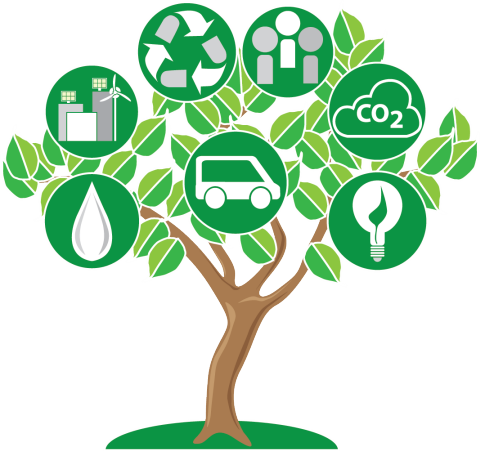 |
Investigator(s): |
PI: Paul Gannon (Chem & Bio Eng) Co-PI: Carolyn Plumb (Engr) Co-PI: Ryan Anderson (Chem & Bio Eng) National Science Foundation Research Initiation in Engineering Formation (RIEF) Award No. 1544147 Amount: $150,000 Dates: 1/2016 – 12/2018 |
Abstract: The engineering curriculum typically focuses exclusively on the technical aspects of the engineering profession. This technical emphasis alone can be a barrier for students to enter engineering. Furthermore, students receiving only technical preparation are less able to approach complex problems involving multiple perspectives, e.g. ethics, economics, social justice, etc. Sustainability is a fundamentally complex issue that covers many of these additional perspectives. Thus, topics in sustainable energy engineering, such as hydraulic fracture oil well stimulation (fracking), can be used to not only teach technical engineering concepts but also expose students to broader issues. By considering these complex engineering problems more holistically, students from a range of diverse backgrounds (particularly women and Native Americans) will more likely enter and remain in engineering. These students will then be better prepared to address the major challenges facing society. (NSF Abstract)
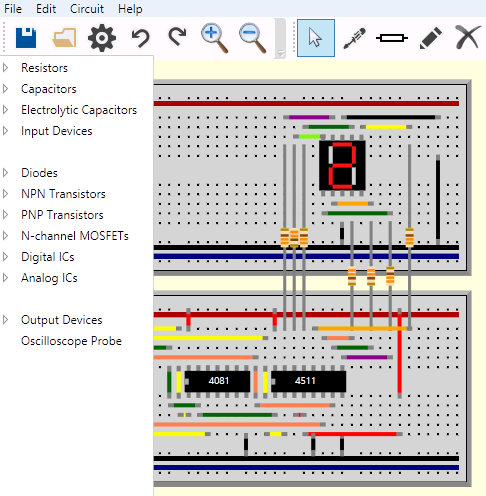 |
Investigator(s): |
PI: James Becker (Elec & Comp Eng) Co-PI: Carolyn Plumb (Engr) Co-PI: Katharine Polasek (Engr, Hope College) National Science Foundation Improving Undergraduate STEM Education (IUSE) Award No. 1504880 Amount: $ 249,724 Dates: 6/2015 – 5/2019 |
Abstract: Examinations of the retention issue have identified key gateway courses as areas in which many students are lost from STEM fields. Failure and withdrawal rates in such courses often exceed 30% and issues related to inadequate metacognitive skill and self-regulated learning among struggling students appear to be key contributors to attrition. This project is exploring cost-effective and transferable means to foster metacognitive skill development among STEM majors in a key gateway engineering course so students become self-regulated learners and progress successfully not only through the gateway course, but through the entire curriculum. Toward this end, an "intelligent" web-based platform is being developed and deployed in an electric circuit analysis course at two institutions. The system is being designed to identify knowledge deficits of a student and to deliver an individualized experience for each user according to their current level of mastery. (NSF Abstract)
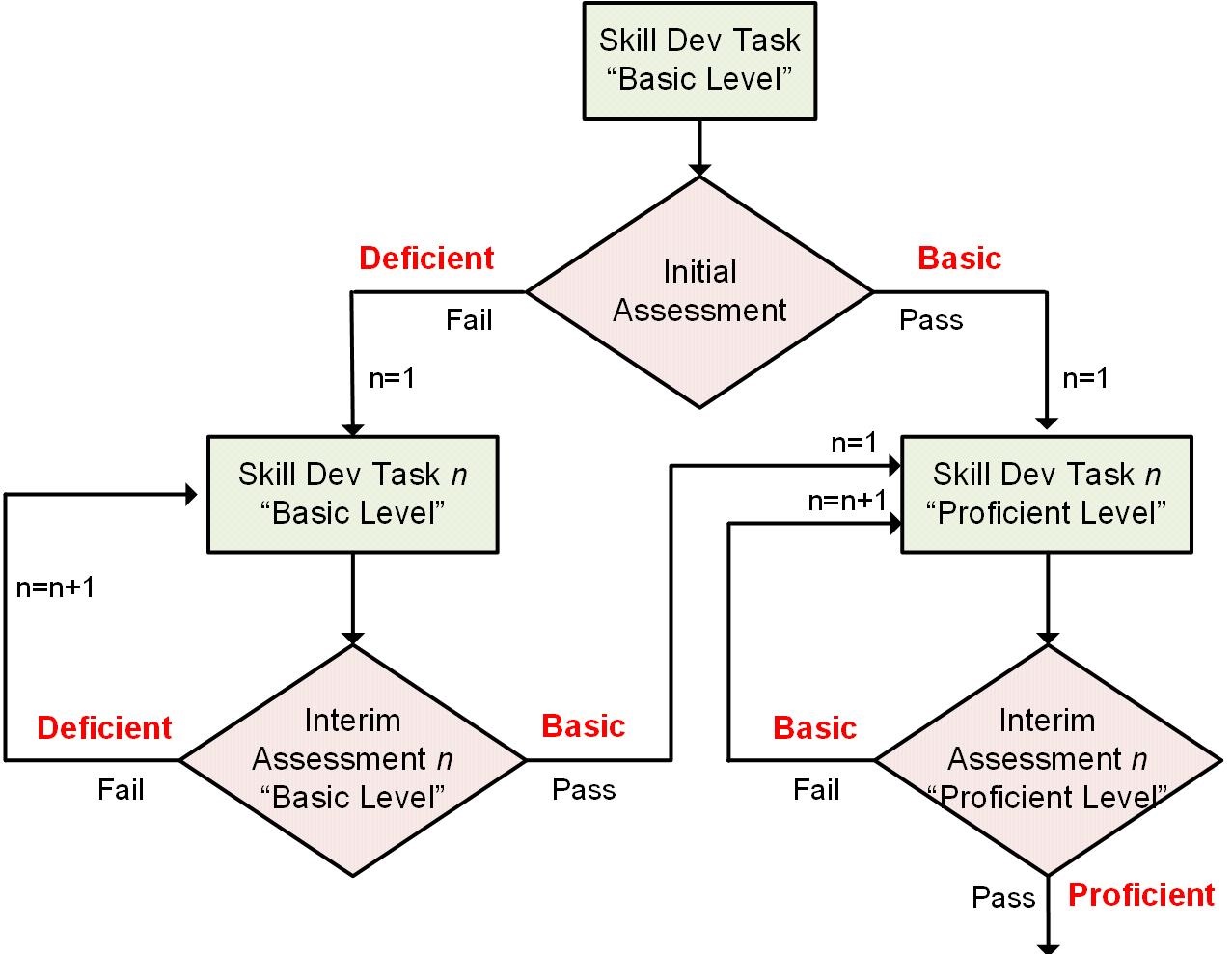 |
Investigator(s): |
PI: Brock LaMeres (Elec & Comp Eng) Co-PI: Carolyn Plumb (Engr) National Science Foundation Improving Undergraduate STEM Education (IUSE) Award No. 1432373 Amount: $298,102 Dates: 1/2015 – 12/2018 |
Abstract: Many students who intend to major in computer engineering do not persist through the introductory sequence of digital logic courses. These students often lack the necessary prerequisite knowledge due to their varied backgrounds and incoming preparedness levels. This problem is compounded by the large class sizes of introductory college courses, which make it difficult for instructors to accommodate the background knowledge and the skills of individual students. E-learning environments have the potential to reach a broad audience through remote delivery, but most systems don’t accommodate varied preparedness levels. In this project an adaptive e-learning environment will be developed and studied for teaching introductory digital logic. The system will automatically adapt the difficulty of the material based on an ongoing assessment of the student’s performance. This system has the potential autonomously raise the base level of proficiency of the class so that instructors can focus on more challenging material in class. (NSF Abstract)
